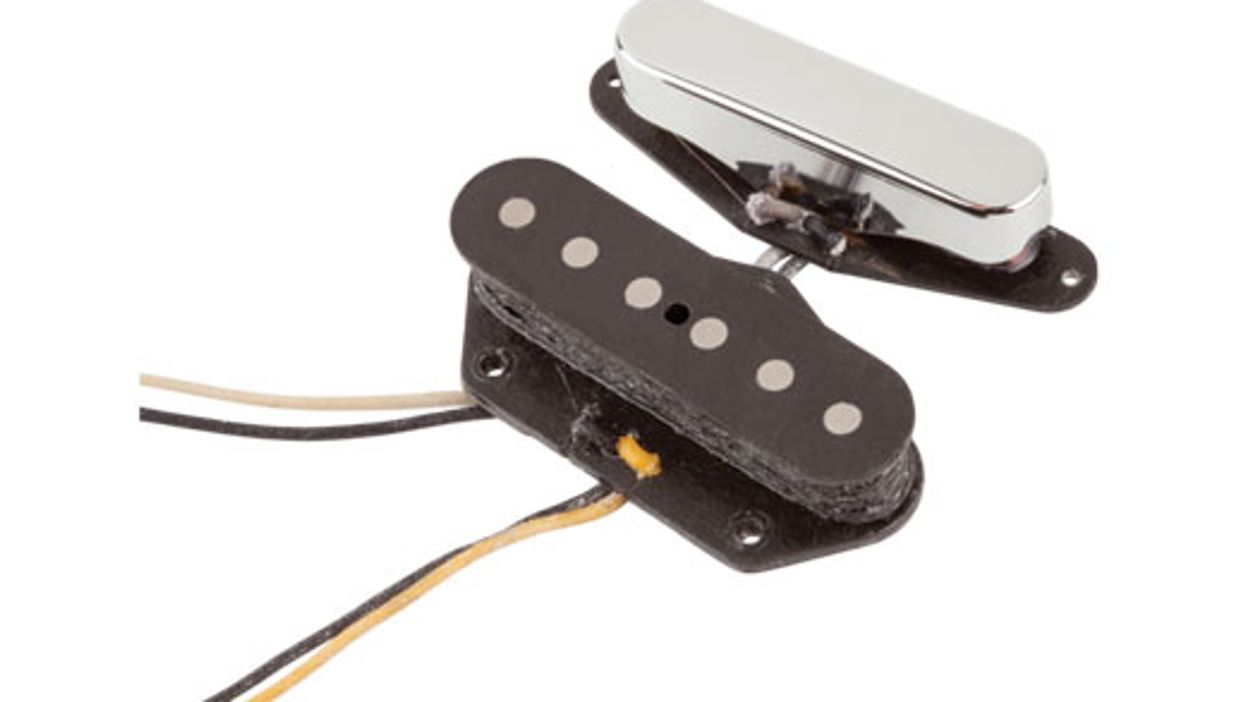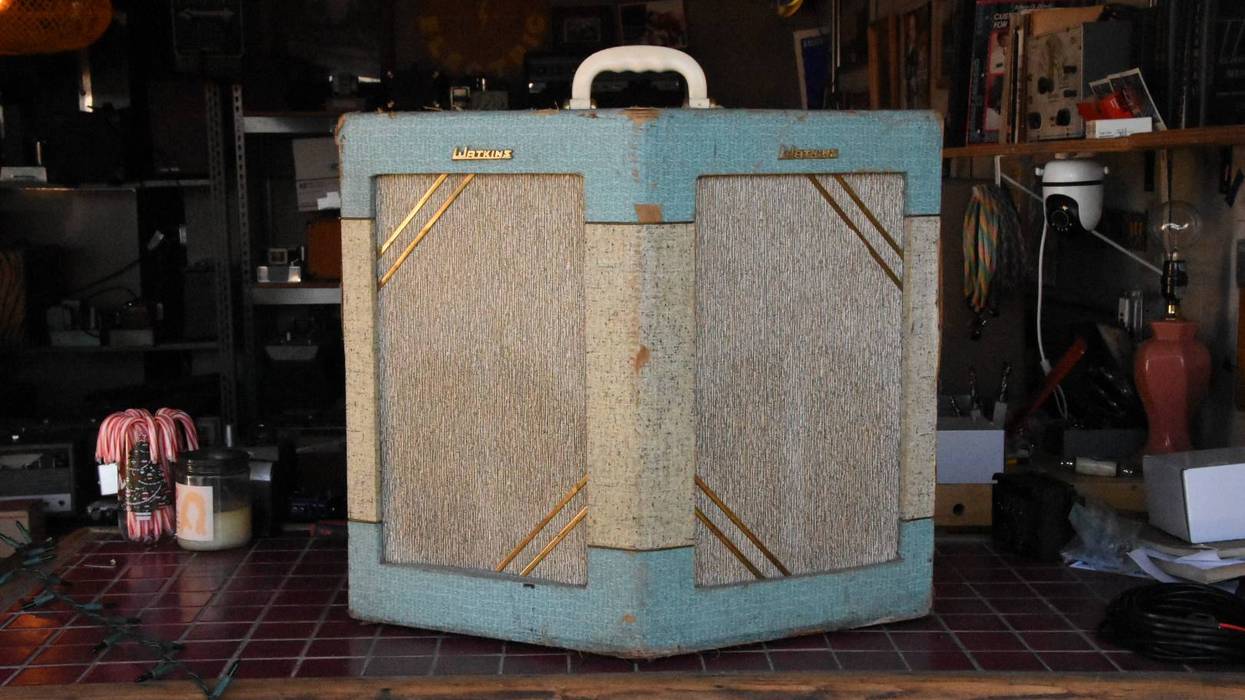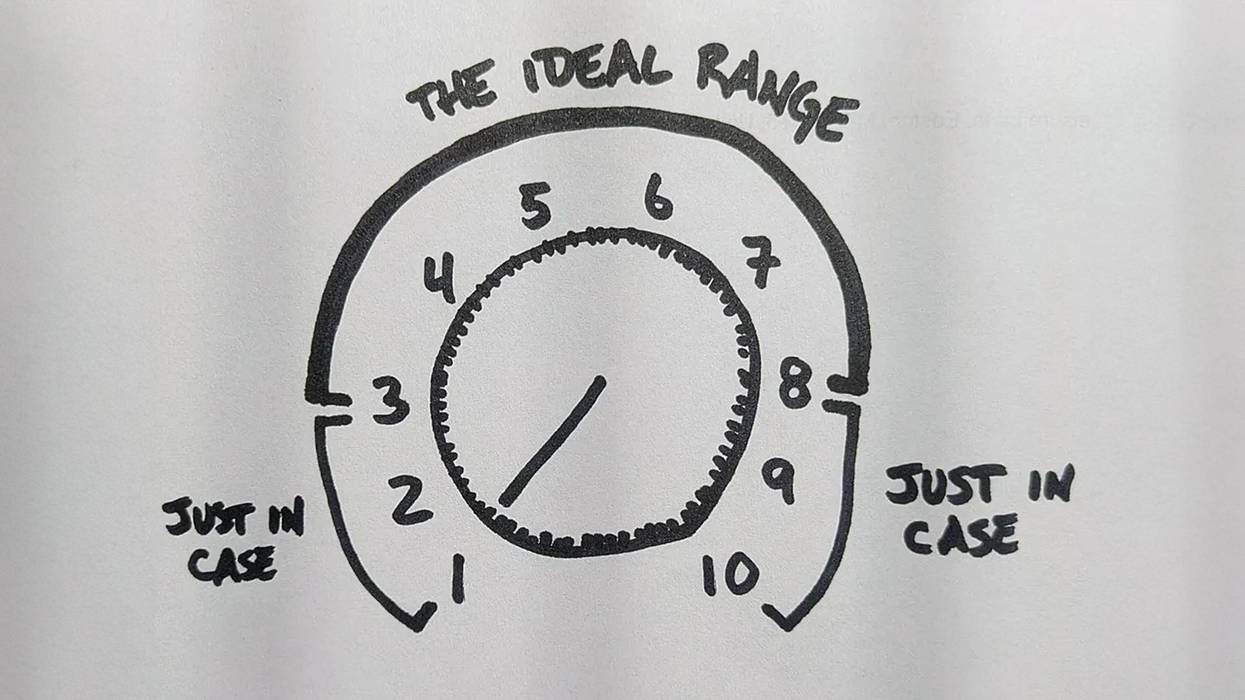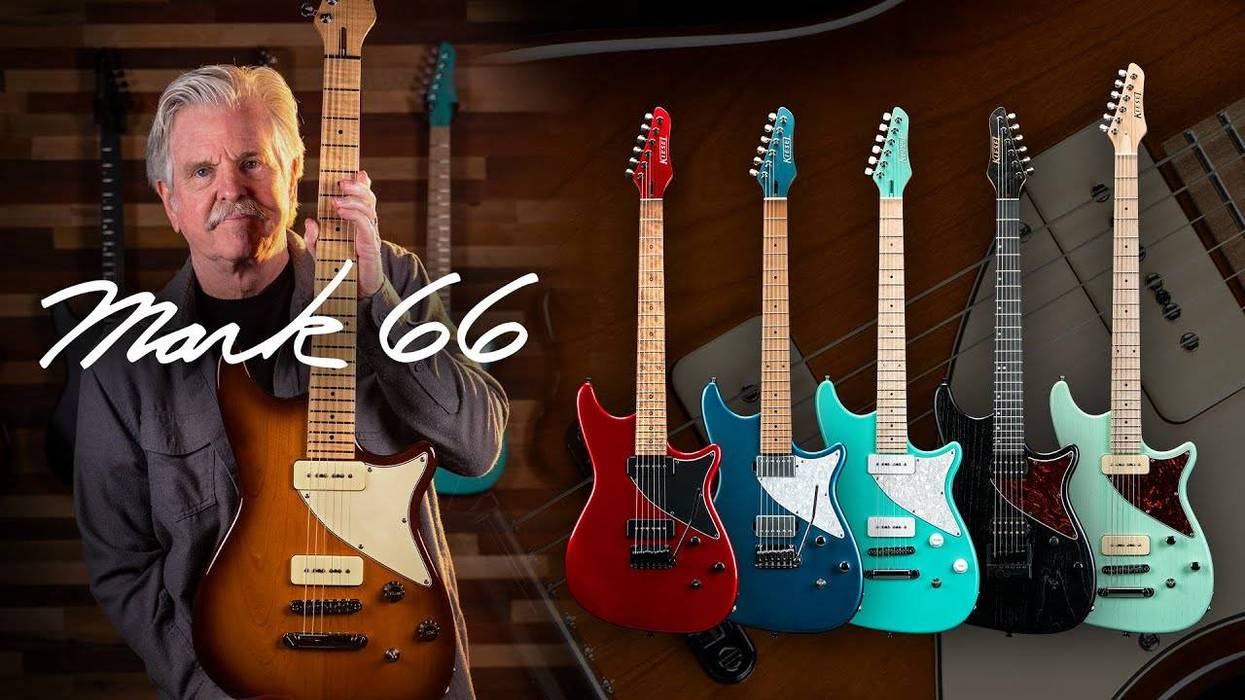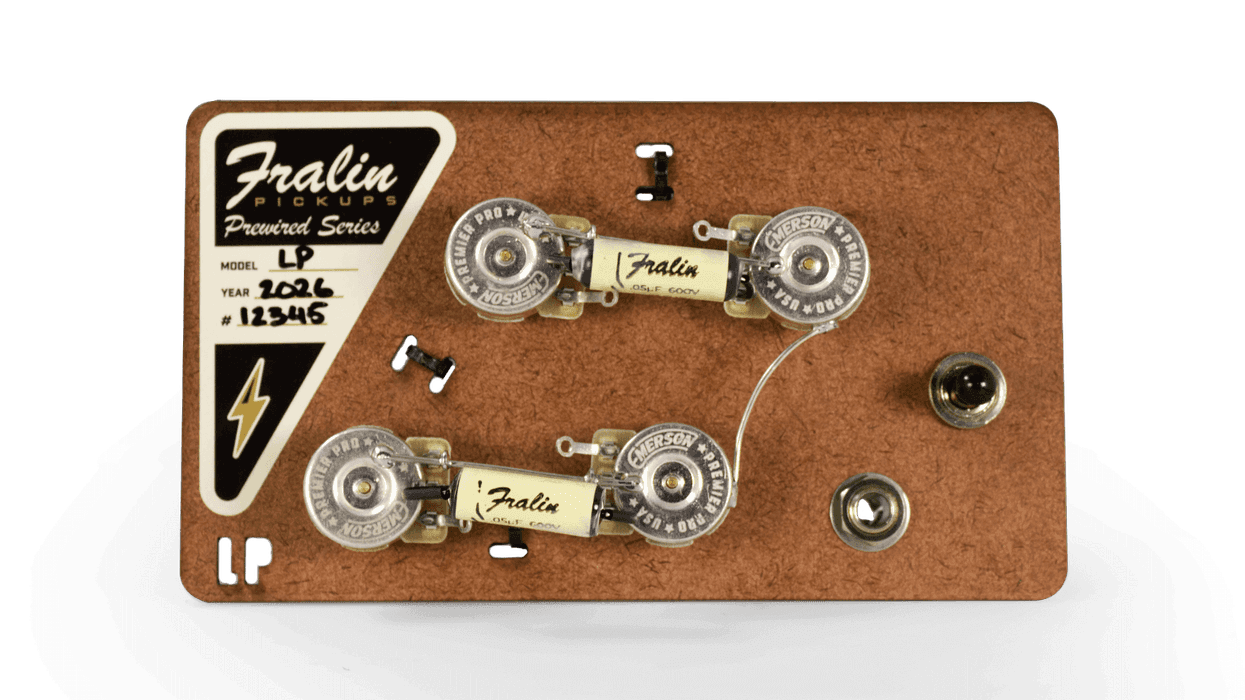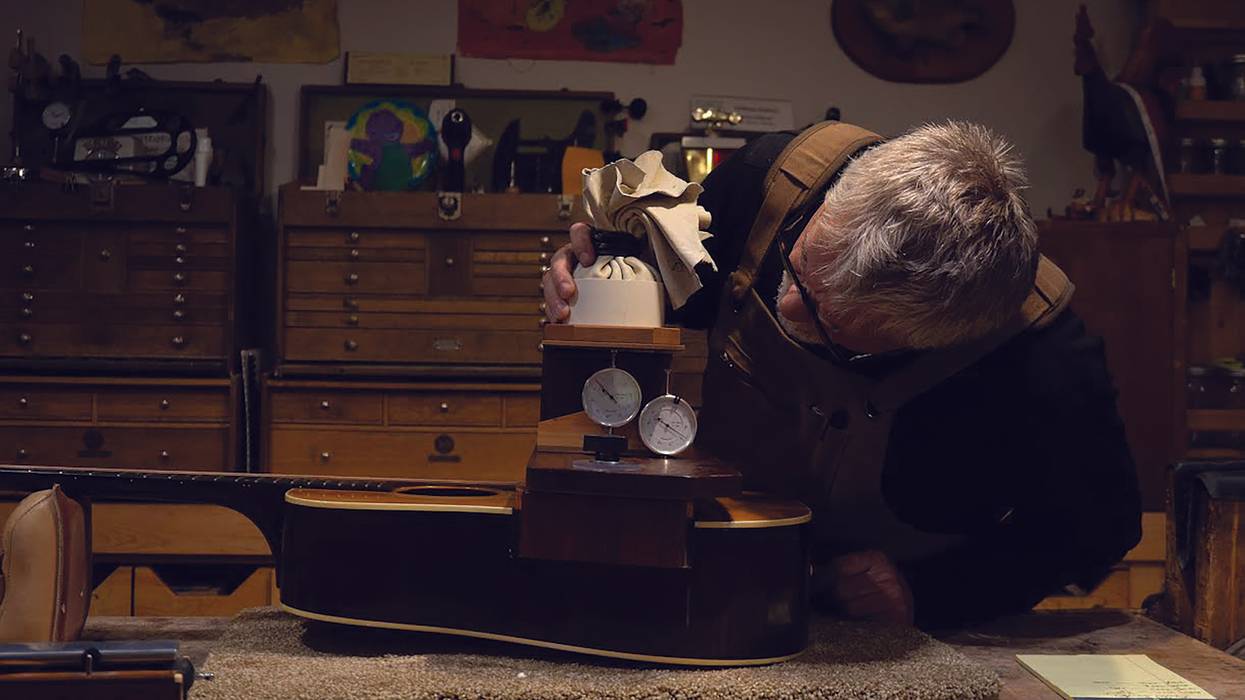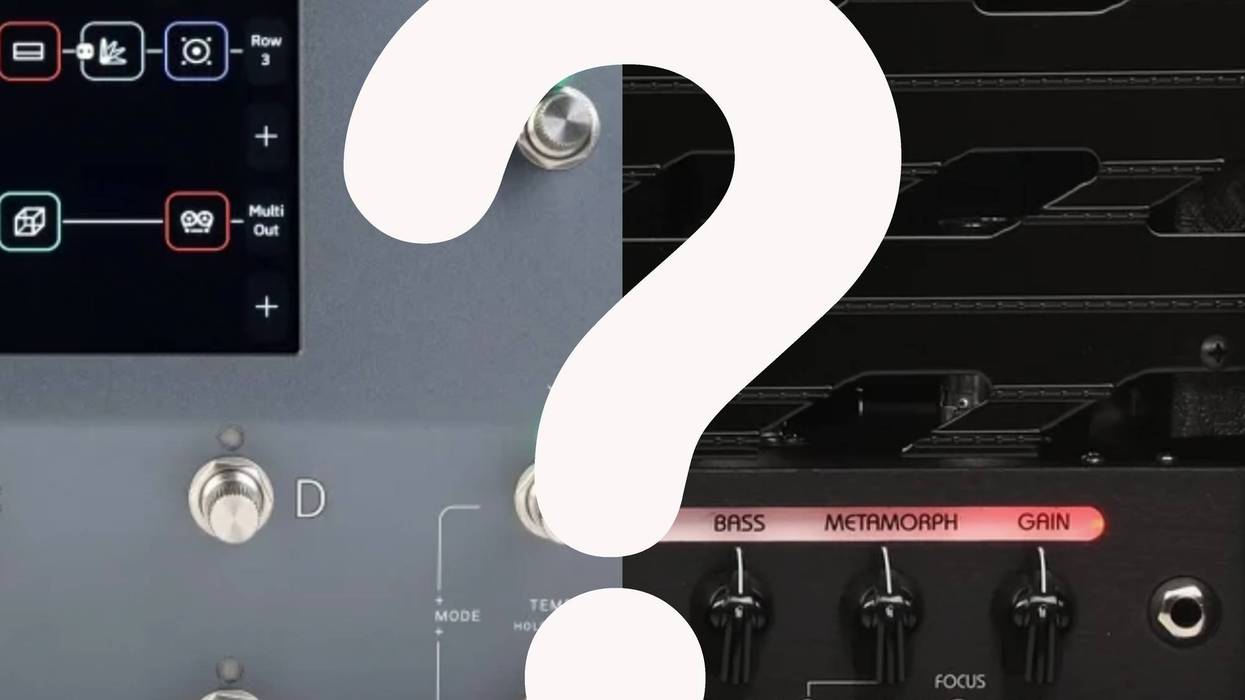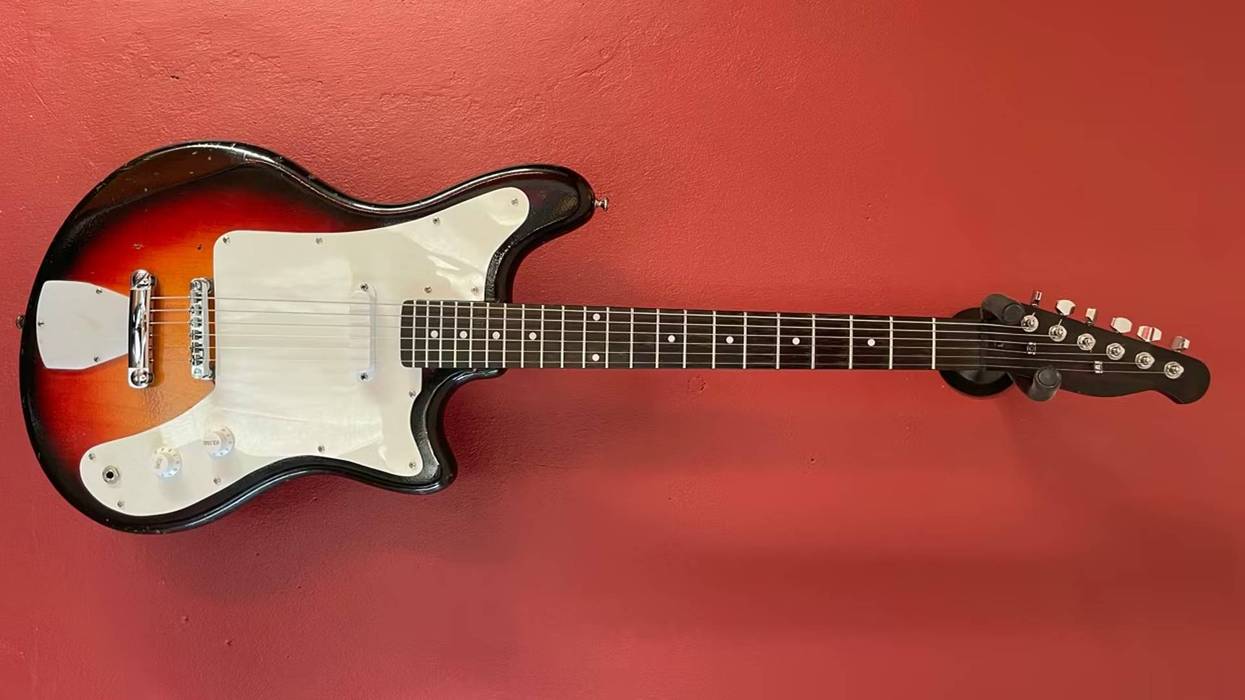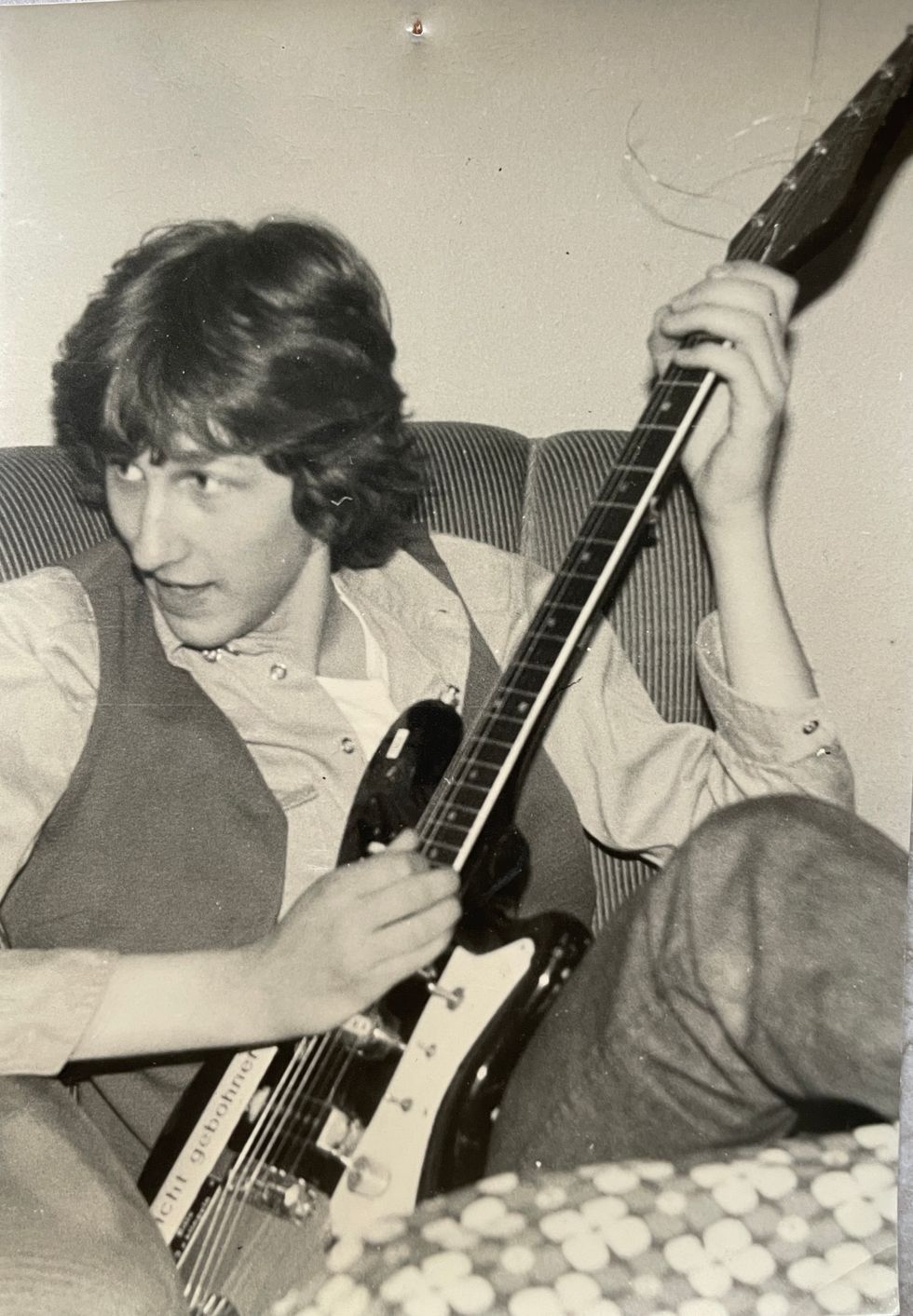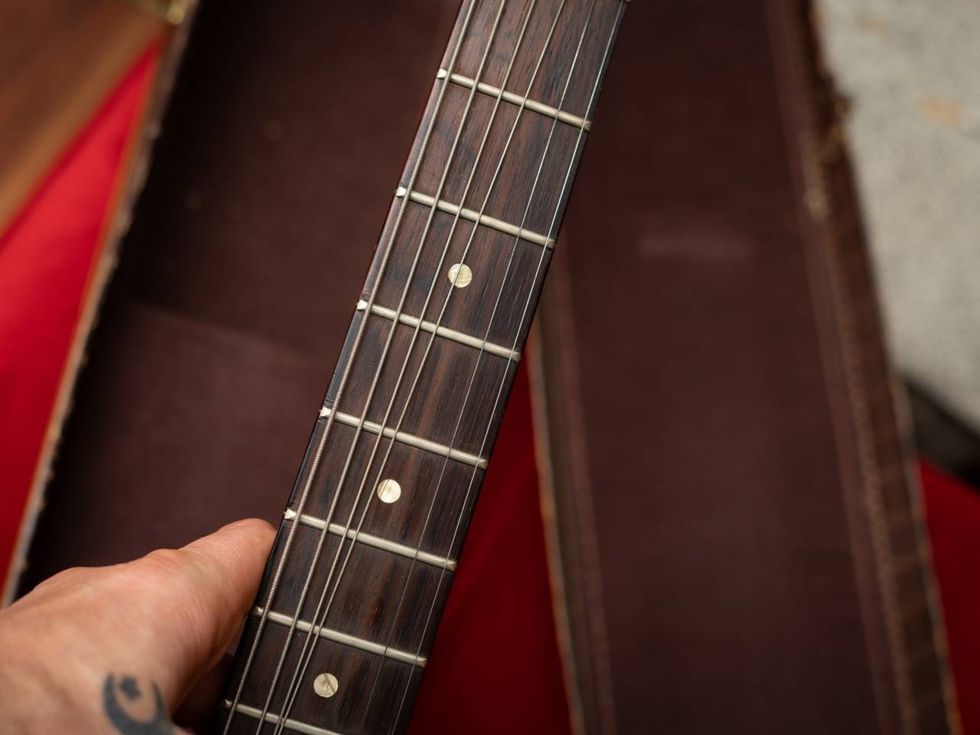From reading countless emails, I know that swapping pickups on a Telecaster is one of the favorite guitar mods out there. There are plenty of legitimate reasons to change pickups: Maybe you have a stock '52 Vintage Reissue Telecaster but you're playing in a John 5 tribute band, or maybe you're looking for the blackguard Bakersfield tone but have a hot humbucker in the bridge position.
That said, if you own a Tele and are thinking about replacing its pickups, take some time to determine if that's really necessary. If you're unhappy with your sound, it may not be the pickups that are at fault—the real culprit may be something else. Before you spend the big bucks, first run some preliminary tests.
For example, if your guitar sounds “good" but not “just right," put on a fresh set of your favorite strings. You'd be surprised how often this can solve sonic issues. Sometimes tone and intonation problems are simply caused by worn-out strings. Sometimes a new string is DOA right out of the package and that's what you're reacting to. (I've seen complete sets of strings DOA because of a production error in the factory.)
But don't stop there. Experiment with different string materials (such as pure nickel, nickel-plated steel, or stainless steel), different string types (roundwound or flatwound, round or hex core wire) and, of course, different gauges. Often the key to making your pickups sound right is simply to mate them with the right strings. For example, if you feel a Tele is too trebly, try replacing those thin, nickel-plated steel strings with thicker, pure nickel strings.
It's also possible that your Tele's electronics are worn or faulty. To analyze this, simply disconnect the two wires (hot and ground) from the master volume pot that lead to the output jack and solder them directly to the corresponding two wires on the pickup. This way you'll hear the pure pickup without the electronics. If it sounds right now, it's not the pickup that needs replacing, but rather the electronics.
In most cases, pickup height is the real problem. Even the best pickups sound strange and weak when they're not adjusted correctly. Balanced pickup height is the key for a great-sounding guitar, and I can't count the Teles I've serviced with completely non-adjusted pickups. The pickup height adjustment screws are there to turn—they won't bite you. Because the procedure and the recommended starting points are identical for Teles and Strats, you can use my columns on Stratocaster pickup height as a guide [search for the two-part “Adjusting Stratocaster Pickup Height" on premierguitar.com].
If you have standard Telecaster wiring in your guitar, it's often worth trying some mods to see if your current pickups will benefit from a swap. Does your bridge pickup sound too trebly even when its height is perfectly adjusted? Try replacing 500k pots with 250k pots and swapping out the tone cap for one that's bigger (i.e., it has more capacitance) and thus not so bright.
Is your guitar perfectly set up? Does it have a well-made nut, good tuners, a conditioned fretboard, and comfortable action? If your guitar is not set up, you'll have to fight for tone and you'll hear all kinds of funny noises when you play—rattling sounds from lose tuners, dead notes from strings touching the frets, and so on. In such an environment, even the best pickup has no chance to sound good.
But here's some good news: If you do decide to purchase a new set of pickups, your choice is bigger today than ever before. From the mystical cave-dweller in the middle of Nowhere who only winds pickups during a certain phase of the moon, to companies that spit out several thousand pickups a day, there's no shortage of high-quality replacements to fit virtually every budget.
It's impossible to review all of them and I don't want to recommend a certain brand or company. After all, the “best" pickup depends on your personal tonal preferences, musical style, and experience. But most companies offer the same palette of Tele pickups, and these can be easily categorized to point you in the right direction when looking for a replacement pickup.
And that's exactly where we'll resume next time. Until then, keep on modding!


